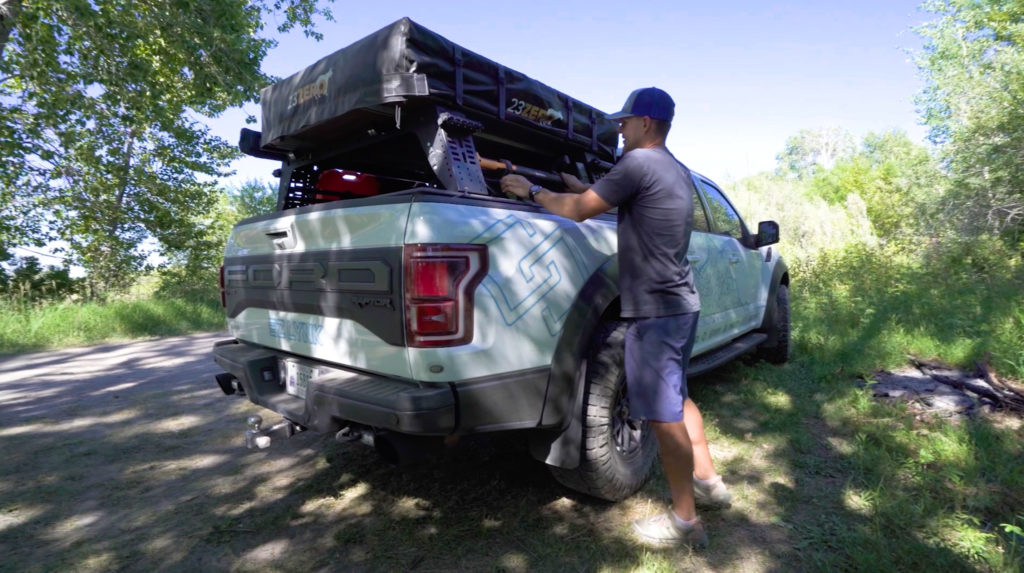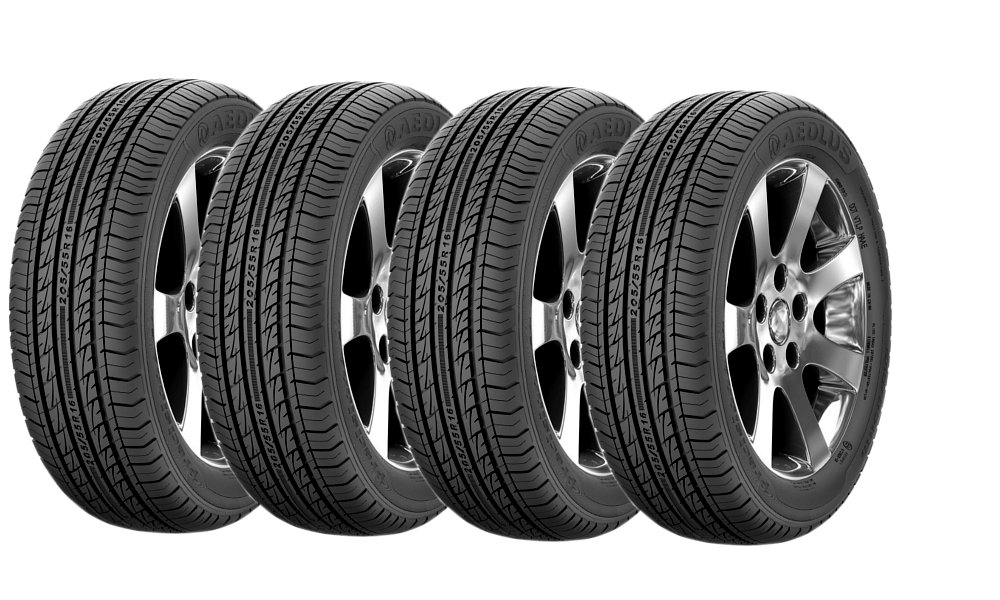For drivers who use their vehicles daily, protecting the front and rear bumpers from scratches, stone chips, and road debris is a constant challenge. Bumper protection film, also known as paint protection film (PPF), has become a popular solution for preserving a car’s appearance.
But how long does bumper film really last on a car that’s exposed to traffic, weather, and road hazards every day? The answer depends on several key factors.
1. Average Lifespan of Bumper Protection Film
General Longevity
On average, professionally installed bumper film lasts between 5 to 10 years on a daily-driven vehicle. This lifespan assumes proper maintenance and high-quality materials.
Many premium PPF brands offer warranties that range from 5 to 10 years, covering issues like yellowing, bubbling, and peeling.
Factors That Influence Lifespan
- Quality of the film material
- Driving conditions (city vs. highway vs. off-road)
- Exposure to harsh weather (extreme sun, snow, ice)
- Frequency of car washing and maintenance
- Professional installation quality
2. What Can Cause Bumper Film to Wear Faster?
1. Poor-Quality Film
Low-cost or outdated films may yellow, crack, or peel much sooner than high-grade PPF.
2. Improper Installation
If the film wasn’t applied correctly, moisture or air bubbles can form underneath, shortening its lifespan.
3. Harsh Environmental Exposure
Road salt, excessive UV rays, heavy gravel roads, or repeated car washes with harsh chemicals can accelerate wear and tear.
3. Benefits of Choosing High-Quality Bumper Film
Premium protection films, such as Proshield pellicule pare-perre, offer advanced durability features like:
- Self-healing properties that erase minor scratches
- UV resistance to prevent yellowing
- Hydrophobic surfaces that repel water, dirt, and grime
- Strong adhesive for long-lasting application
Choosing a trusted brand like Proshield pellicule pare-perre ensures that your bumper film will provide optimal protection against everyday hazards, especially for vehicles used frequently in urban or highway conditions.
4. Maintenance Tips to Extend the Life of Bumper Film
Gentle Washing Practices
Use a pH-neutral car soap and avoid abrasive brushes or harsh chemicals when washing your vehicle.
Regular Inspection
Check your bumper film regularly for any signs of lifting, bubbling, or surface damage. Early detection allows for minor repairs before the problem worsens.
Parking Considerations
Whenever possible, park your car in shaded or covered areas to minimize UV exposure and prevent unnecessary wear on the film.
5. When Should You Replace Bumper Film?
Even the best PPF will eventually show signs of wear. It’s time to consider replacement when:
- The film loses its clarity or shine
- Edges start peeling or lifting
- Cracks or discoloration become noticeable
- The self-healing feature no longer works effectively
Replacing worn-out bumper film will ensure continued protection for your vehicle’s paint and maintain its appearance.
Conclusion
Bumper protection film is a smart investment for daily-driven vehicles, helping to maintain the car’s appearance and prevent costly paint repairs. With high-quality materials and proper care, bumper film can last up to a decade — even on cars that face heavy daily use.




